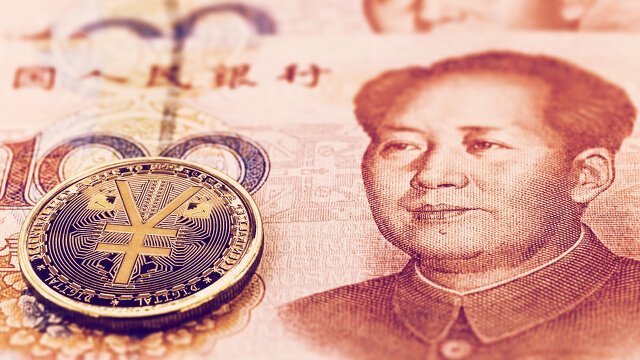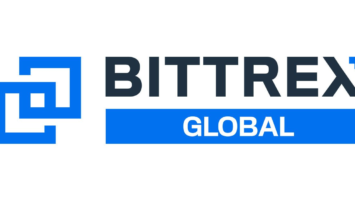Following a long history with cryptocurrency, China has announced that NFTs are permitted. The conversation has shifted to NFTs since the explosion of sales. Apparently, the Chinese government will allow NFTs as long as cryptocurrencies are nowhere in sight.

Are NFTs illegal in China or not?
Famously known for illegalising cryptocurrency. It may come to some people as a surprise that the Chinese government are more forgiving when it comes to NFTs. The state-backed BSN (Blockchain-based Service Network) was given the okay to market NFTs – as long as they are not sold with cryptocurrency. Whilst the Chinese government is still cautious of this move, BSN is their way of getting in on the NFT hype without adoption decentralisation and cryptocurrency,
NFTs are typically minted on a decentralised, public blockchain. This has been an industry standard since the beginning. It provides access to anyone wanting to write and read data. In China, public chains are illegal, initially leaving the NFT community in the dark. Essentially, the Chinese state requires all internet systems to verify user identities and permit the regulator to intervene in the event of “illegal activities”. And decentralised blockchains don’t facilitate that at all.
Due to this, BSN architect Red Date conducted a plan to provide NFTs whilst working within the restrictions. They created a solution named the Open Permission Blockchain. This blockchain will adapt public chains to offer controls over node deployment. This is all whilst removing the mechanism of using cryptocurrencies to pay. Doing so will promote the orderly development of public chain technology in China lawfully.
Why won’t China’s NFTs be interoperable with Ethereum or Solana?
The short answer is: China hasn’t changed their stance on cryptocurrency or decentralised networks. Unfortunately, this includes Ethereum, Solana and many other popular chains. Basically, the only currency permitted on BSN is the Chinese yuan.
Despute that, BSN is integrating tech from both Ethereum and Corda in their blockchain. Since public chains are illegal in China, companies wanting to start a NFT marketplace would have to go the private route. Obviously, this centralisation-style blockchain exists so their government can access the data.
Why would people mint with BSN?
According to the BSN website, they deliver more competitive rates compared to single-company platforms. Combining compatibility across multiple chains and offering competitive rates, they hope to generate 10 million NFTs to yield a profit. To illustrate, issuing an NFT on their network can be as cheap as 0.05 yuan (0.7 US cents).
Corporate reception to the news
Wary still lingers among companies, opting to call their NFTs “digital collectibles”. However, over 20 companies have shown interest. Some big names on the list include; JD.com, Baidu, and state-run media Xinhua News Agency gave away more than 100,000 digital collectibles on Christmas Eve. Plus, BSN has successfully localised more than 20 public chains since their debut in 2018. Reportedly, BSN-DDC will integrate 10 chains, including their adapted version of Ethereum and Corda, plus domestic ones like Fisco Bcos, initiated by Tencent-backed fintech firm WeBank.
In conclusion, China is obviously hesitant with NFTs due of their history with cryptocurrency. Hopefully, BSN and the measures they implement may earn the industry trust from the state. Alternatively, they could just use it as a method to control NFTs in China. Whatever happens, they are hoping that the project will be ready in early 2022.
Are you tired of missing important NFT drops?
Just check out our NFT Calendar !
Subscribe to our hot social media and don’t miss anything else
If you’re old school :
All investment/financial opinions expressed by NFTevening.com are not recommendations.
This article is educational material.
As always, make your own research prior to making any kind of investments.
Owners, holders, fans, community members, whales… Want to boost this article by featuring it on top of the Homepage? ==> Contact us!






















Comments (No)